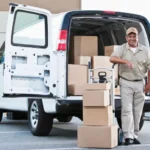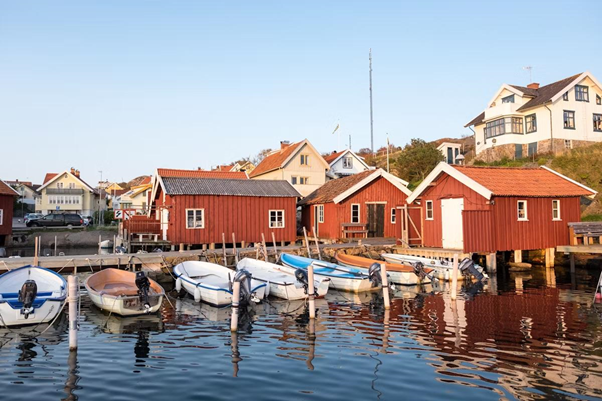Living in a boathouse can be a serene and adventurous experience, but it also comes with its unique set of safety concerns. From dealing with water-based challenges to ensuring the safety of your belongings, personal safety is a priority that cannot be overlooked.
Here are five essential ways to ensure your safety while living in a boathouse.
1. Maintain a Safe and Reliable Bay Boat
If you live in a boathouse, chances are you also rely on bay boats for transportation or leisure activities. Ensuring that your boat is in good condition is essential for both your safety and convenience.
Regular maintenance checks on the engine, hull, and safety equipment like life jackets, flares, and fire extinguishers are critical. In addition, keep a well-stocked first aid kit and make sure your navigation lights and GPS systems are working properly. A properly maintained boat will reduce the chances of accidents, breakdowns, or getting stranded, especially when you are out on the water.
2. Invest in Proper Dock Security and Lighting
Your boathouse’s location, typically on a dock, makes it more vulnerable to break-ins, especially during the night. One effective way to ensure personal safety is by installing proper security systems around your dock and boathouse.
Motion sensor lights, security cameras, and an alarm system will help deter intruders and alert you to any unusual activity. In addition to external security measures, it is a good idea to ensure your boathouse doors and windows are sturdy and have reliable locks.
3. Keep Your Gun for Safety
For additional security, some boathouse owners choose to keep a gun for personal safety. If this is an option you are considering, it is important to handle it responsibly. Investing in high-quality optic accessories such as scopes or laser sights can improve your accuracy and provide better protection in emergency situations.
You can easily purchase Online Gun Optics Accessory Supply. However, it’s equally important to securely store your firearm in a safe or a locked cabinet to ensure it does not fall into the wrong hands or cause an accidental injury.
4. Ensure Regular Inspection of Your Plumbing and Electrical Systems
Living on the water means your boathouse’s plumbing and electrical systems are constantly exposed to moisture, which increases the risk of leaks, short circuits, or other hazards. Regular inspections of your water supply, drainage systems, and electrical wiring are crucial for preventing potential safety issues.
Make sure that all plumbing and electrical work is done by licensed professionals to meet safety standards and avoid faulty installations. If you notice signs of wear, like corroded pipes or flickering lights, address them immediately to avoid serious accidents.
5. Prepare for Emergencies with Safety Equipment and Protocols
No matter how well-prepared you are, emergencies can happen. As a boathouse resident, you should always be ready with the right safety equipment and emergency protocols. Ensure you have life vests readily available for all residents and guests, fire extinguishers in key areas, and emergency flares in case you need to signal for help.
In addition, practice emergency evacuation drills with your family or fellow residents, so everyone knows what to do in the event of a fire, severe storm, or other disaster.










